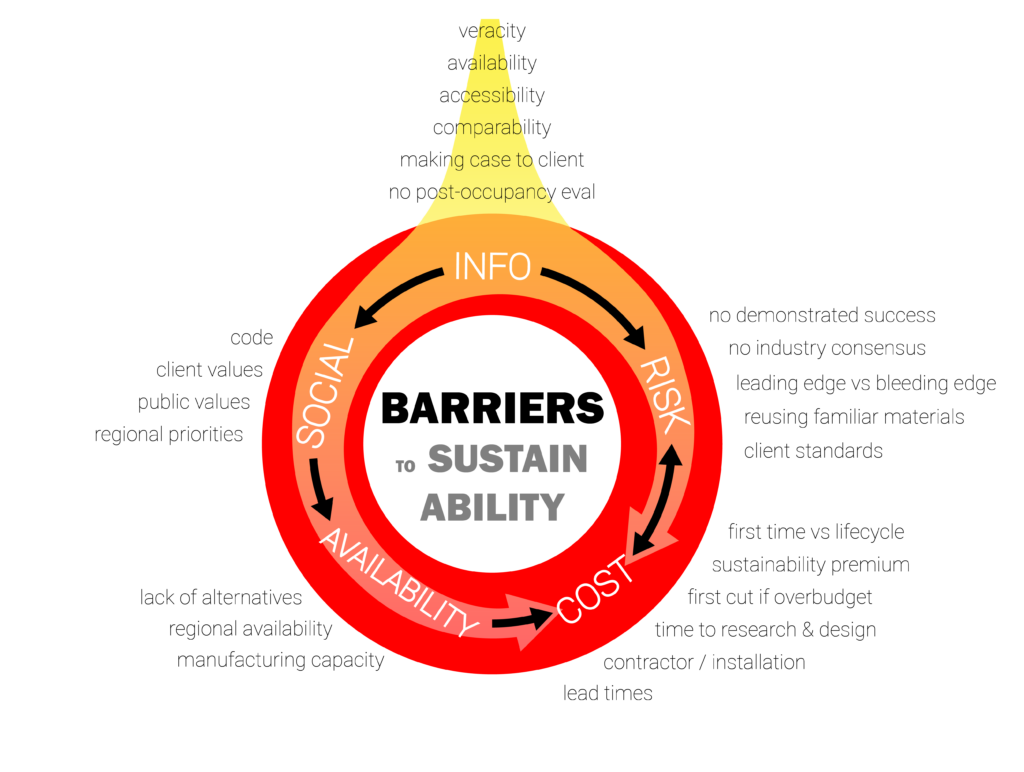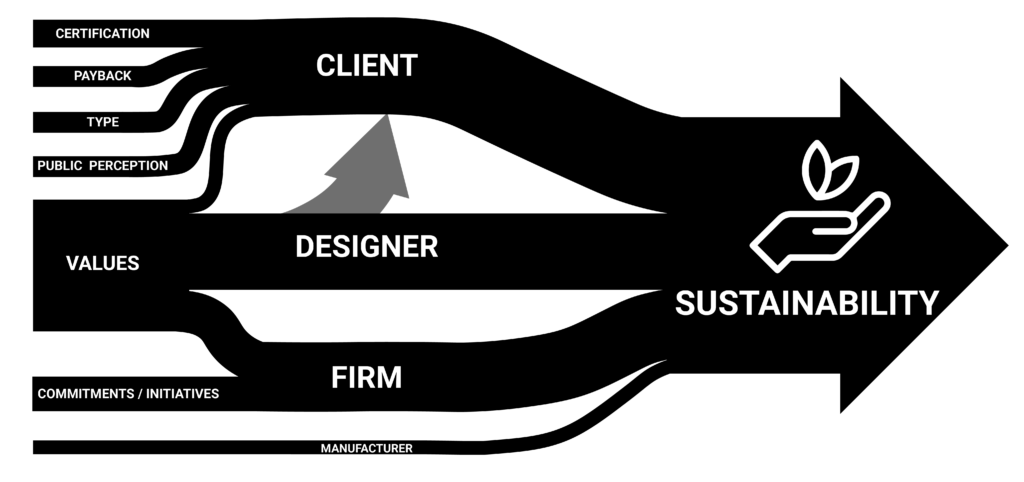February 18, 2022
Reciprocal Landscapes: Poplar for Phytoremediation in Design and Construction
ARC Fellow: Ry Yahn
Degree Program: Master of Landscape Architecture
Faculty Advisor: Elizabeth Golden, Architecture
Firm: DLR Group
Firm Advisors: Jill Maltby-Abbott, Bonnie Sanborn
Project dates: Summer 2020 – Spring 2021
Watch the Presentation to DLR Group
More about the project:
As concerns mount over the growing climate crisis, sustainable alternatives to conventional building materials are increasingly in demand. Mass timber as a replacement for concrete and steel offers potential benefits of sequestering carbon and promoting sustainable forest management practice while also delivering high quality buildings that take less time to construct and offer biophilic benefits to occupants. At the same time, pollution from industrial sites, extraction sites and municipal waste contaminates soil and water, threatening the health and well being of communities. Phytoremediation, which harnesses the natural abilities of fast growing plants such as poplar to detoxify contaminated soil and water, is cheaper and more sustainable than conventional remediation, and offers many additional human and ecosystem health benefits. There is increasing interest in potential markets for these fast growing detoxifiers, including as engineered wood products. Although cross laminated timber (CLT) are traditionally made from softwood species, emerging research on hardwood CLT panels including poplar demonstrates that it could create a lighter and more cost effective product. My research applies an eco-social lens to explore the potential of creating an economically viable closed loop system between phytoremediation sites and the built environment that can increase human and ecosystem health. I am also investigating the various barriers to the adoption of healthy and sustainable materials more broadly and will build on the findings to identify potential solutions.



